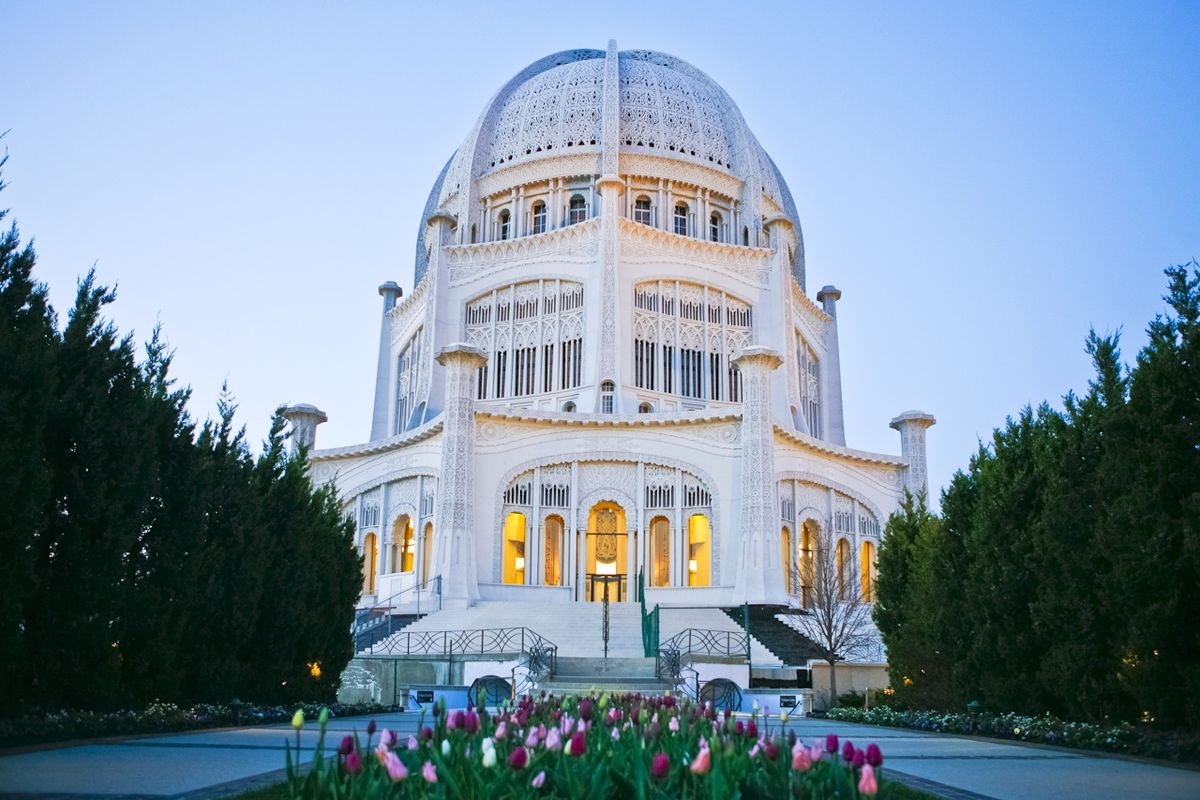
Curious about the Baha'i Faith? This religion, founded in the 19th century, promotes unity and peace. Baha'u'llah, the founder, taught that all major religions come from the same source and aim to unite humanity. With over 5 million followers worldwide, the Baha'i Faith emphasizes equality, education, and community service. Baha'is believe in one God and see all humans as part of one family. Their holy book, the Kitab-i-Aqdas, outlines spiritual and social teachings. Celebrations like Naw-Ruz and Ridvan mark important events in their calendar. Ready to learn more? Dive into these 34 intriguing facts about the Baha'i Faith!
Origins of the Baha'i Faith
The Baha'i Faith is a relatively young religion with a rich history. Here are some fascinating facts about its origins.
- Founded in 19th Century: The Baha'i Faith began in Persia (modern-day Iran) in the mid-1800s.
- Founder: Baha'u'llah, born Mirza Husayn-Ali Nuri, is the founder of the Baha'i Faith.
- Predecessor: The Baha'i Faith emerged from the Babi Faith, which was founded by the Bab.
- Declaration: Baha'u'llah declared his mission in 1863 while exiled in Baghdad.
- Exile: Baha'u'llah faced multiple exiles, eventually settling in Akka, now part of Israel.
Core Beliefs
The Baha'i Faith has unique teachings that emphasize unity and peace. Let's explore some core beliefs.
- Oneness of Humanity: Baha'is believe in the unity of all people, regardless of race, nationality, or religion.
- Progressive Revelation: They believe that religious truth is revealed progressively by different prophets over time.
- Equality of Men and Women: The faith strongly advocates for gender equality.
- Universal Education: Baha'is emphasize the importance of education for all.
- World Peace: Promoting global peace and unity is a central tenet.
Sacred Texts
Sacred writings play a crucial role in the Baha'i Faith. Here are some key texts.
- Kitab-i-Aqdas: Known as the Most Holy Book, it is the central book of Baha'i laws.
- Kitab-i-Iqan: The Book of Certitude explains the concept of progressive revelation.
- Hidden Words: A collection of short, mystical writings by Baha'u'llah.
- Tablets of Baha'u'llah: Various letters and writings addressing different aspects of the faith.
- The Seven Valleys: A mystical treatise on the soul's journey towards God.
Practices and Rituals
Baha'i practices are designed to foster spiritual growth and community unity. Here are some notable ones.
- Daily Prayer: Baha'is are required to pray daily, choosing from three obligatory prayers.
- Fasting: They observe a 19-day fast each year from sunrise to sunset.
- Nineteen Day Feast: A monthly gathering for worship, consultation, and socializing.
- Holy Days: Baha'is celebrate 11 holy days, including Naw-Ruz (New Year) and Ridvan.
- Pilgrimage: Visiting the Baha'i holy sites in Haifa and Akka is a spiritual obligation.
Global Community
The Baha'i Faith has a diverse and widespread global community. Here are some interesting facts.
- Global Presence: Baha'is live in over 200 countries and territories.
- House of Worship: There are Baha'i temples on every continent, known as Mashriqu'l-Adhkar.
- Administrative Order: The faith has no clergy; instead, it is governed by elected councils.
- Universal House of Justice: The highest governing body, located in Haifa, Israel.
- Interfaith Dialogue: Baha'is actively engage in interfaith activities to promote unity.
Social and Ethical Teachings
The Baha'i Faith has strong social and ethical teachings aimed at improving society. Here are some key points.
- Abolition of Prejudice: Baha'is work towards eliminating all forms of prejudice.
- Economic Justice: They advocate for economic systems that ensure fairness and equity.
- Environmental Stewardship: Caring for the environment is considered a spiritual duty.
- Science and Religion: Baha'is believe that science and religion are complementary.
- Service to Humanity: Serving others is seen as a path to spiritual growth.
Notable Figures
Several notable figures have contributed to the spread and development of the Baha'i Faith. Here are a few.
- Abdu'l-Baha: The son of Baha'u'llah, he played a crucial role in spreading the faith.
- Shoghi Effendi: The Guardian of the Baha'i Faith, he guided the community from 1921 to 1957.
- Martha Root: An early American Baha'i who traveled extensively to promote the faith.
- Tahereh: A prominent female figure in the early Babi movement, known for her advocacy of women's rights.
Final Thoughts on Baha'i Faith
The Baha'i Faith offers a unique perspective on unity, peace, and spirituality. With its roots in 19th-century Persia, it has grown into a global religion with millions of followers. The teachings of Baha'u'llah emphasize the oneness of humanity, the harmony of science and religion, and the importance of justice and equality.
Understanding these 34 facts provides a glimpse into the rich tapestry of beliefs and practices that define the Baha'i community. From its holy texts to its festivals and principles, the Baha'i Faith continues to inspire and guide individuals seeking a path of spiritual growth and world unity. Whether you're curious about its history or its modern-day impact, the Baha'i Faith offers valuable insights into the quest for a more harmonious world.
Was this page helpful?
Our commitment to delivering trustworthy and engaging content is at the heart of what we do. Each fact on our site is contributed by real users like you, bringing a wealth of diverse insights and information. To ensure the highest standards of accuracy and reliability, our dedicated editors meticulously review each submission. This process guarantees that the facts we share are not only fascinating but also credible. Trust in our commitment to quality and authenticity as you explore and learn with us.


